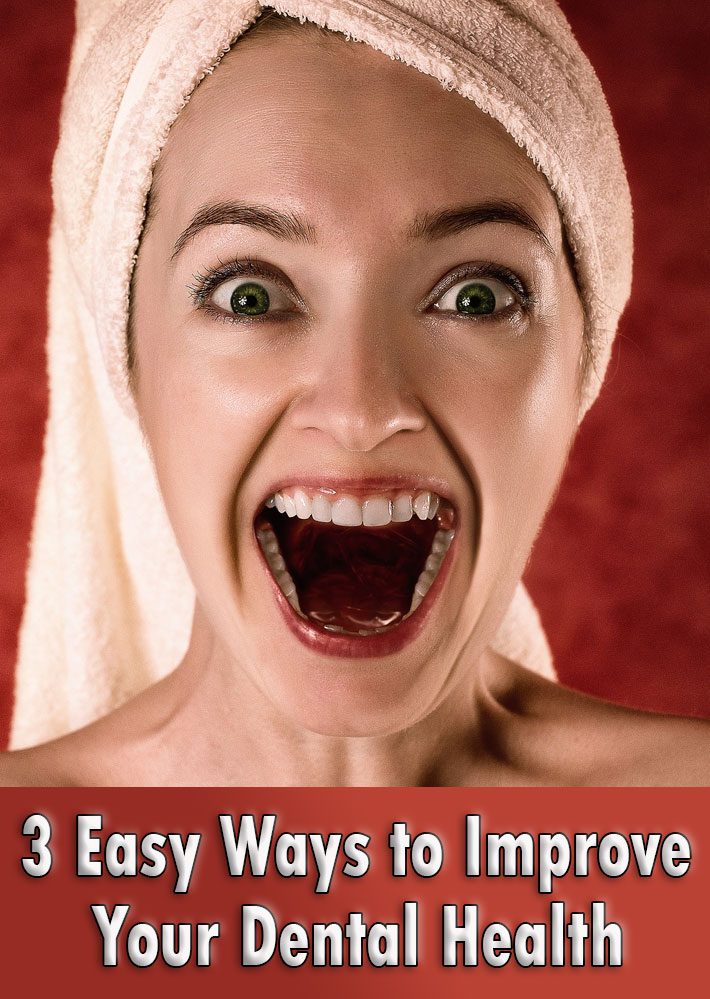
3 Easy (And Cheap!) Ways to Improve Your Dental Health
Thankfully, there are some simple steps you can take to help keep your mouth cleaner and, by extension, the rest of your body as well. Here are three easy additions to an oral health regimen that we can all make time for.
Tongue Scraping
Now here’s a habit that’s easy to implement… Tongue scraping takes all of about one minute, and once you get into it, you’ll find that it’s easy to stay motivated to do this on a daily basis. Put simply, you will see the results right before your very eyes on the scraper, not to mention experiencing the benefits for yourself when your tongue looks pinker and feels cleaner than ever!
“Tongue cleaning has been around since ancient times in India. Ayurveda recommends cleaning the tongue as part of your daily self-care regime to remove ama, toxic debris that builds up in the body. During sleep when the body is resting, the digestive system works to detoxify itself. These toxins are deposited on the surface of the tongue via the internal excretory channels, and are responsible for the coating usually seen on the tongue first thing in the morning.”
Don’t feel as though you need to invest in a tongue scraper though… From everything I’ve read, the edge of a stainless steel dessert spoon will do the trick just as well.
Savory Lotus explains how: “extend the tongue and place the scraper as far back on the tongue as is comfortable. Gently scrape from the back or base of the tongue using one long stroke, until you have scraped the whole surface. Rinse the scraper and begin again. Scrape firmly, but gently. Do this until the tongue feels clean and is free of coating. Wash the scraper well after each use with hot water. When you first get started scraping your tongue, be extra gentle. Your tongue will get used to it quickly.”
The perfect time to scrape your tongue is right after you’ve done your morning oil pulling (before rinsing).
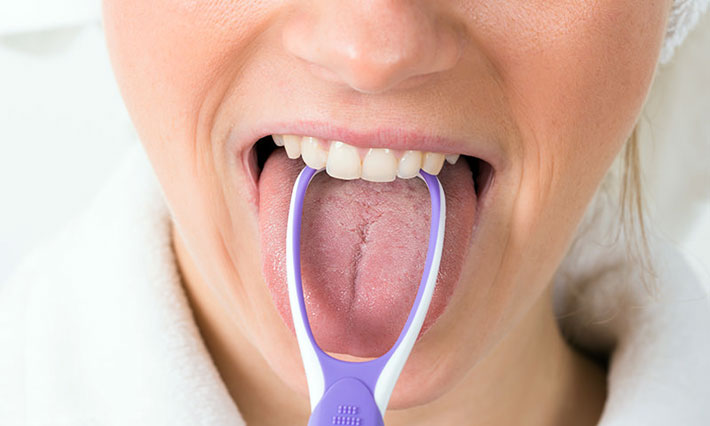
Oil Pulling
There are a number of benefits associated with this ancient Ayurvedic practice, including whitening teeth, strengthening the gums and jaw, improving bad breath, lessening tooth sensitivity, preventing cavities and gingivitis, helping acne/eczema/psoriasis and other skin care issues, lessening the symptoms of migraines and hangovers, and even clearing out your sinuses!
If you don’t yet know about oil pulling, there’s a ton of information about it online. But basically it consists of swishing a tablespoon of organic oil in your mouth for about 15-20 minutes first thing in the morning, before eating or drinking. Then you spit it out and rinse your mouth with water. It’s also recommended to drink a couple of glasses of water afterward, which seems like a good practice no matter what.
Cold-pressed sesame or sunflower seem to be the favorite oils to use, but one thing to be aware of is that you can’t just try this with any old oil. Not only should it be organic, (since the aim is to eliminate toxins, not absorb them!) but it also shouldn’t be an oil that’s too thick. I tried it once with olive oil and trust me, you don’t want to do that.
Herbal Rinse
An herbal rinse is a great way to end your nightly dental routine. When your mouth is clean, and your gums are stimulated from brushing, there are a number of herbal ways to add an extra healthy boost to your oral health.
Tea tree, thyme, oregano, and even golden seal and myrrh are just a few of the herbs that I’ve used (with caution) over the years. In addition, some natural dentists also recommend calendula, echinacea, grapefruit seed extract, aloe vera, and neem.
Herbs such as golden seal and myrrh can be steeped in hot water and simply swished around the mouth after brushing. Tea tree oil can be rubbed into the gums, as can appropriately diluted oregano oil. (Oregano oil is a very ‘hot’ oil, and can burn the skin and especially the mouth if it’s used neat. Many oregano oils come pre-diluted in a base of olive oil.) A much more mellow way to use oregano is in a hydrosol (floral or herbal water), as it provides all the benefits of the plant without being too concentrated.
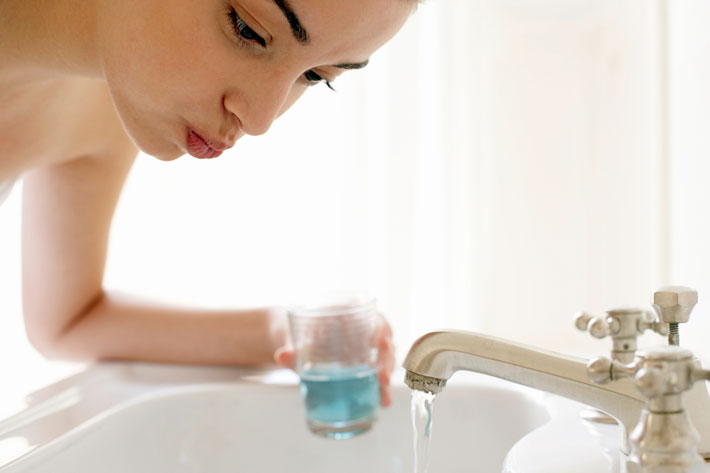
The information on this site is not intended or implied to be a substitute for professional medical advice, diagnosis or treatment. All content, including text,graphics,images and information, contained on or available through this web site is for general information purposes only.

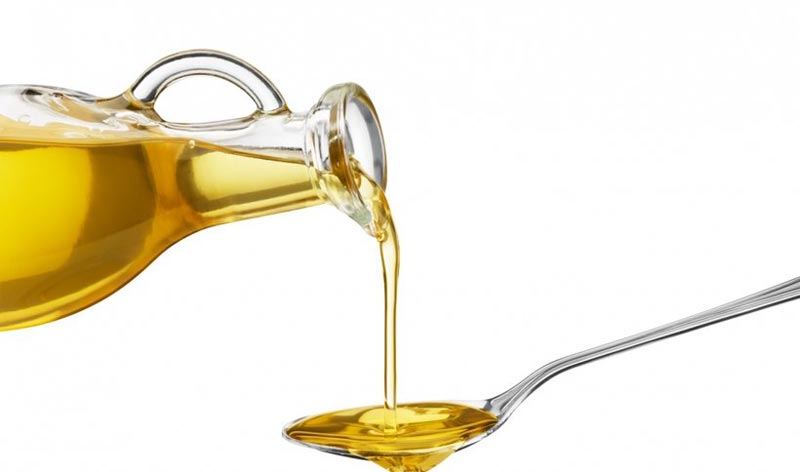
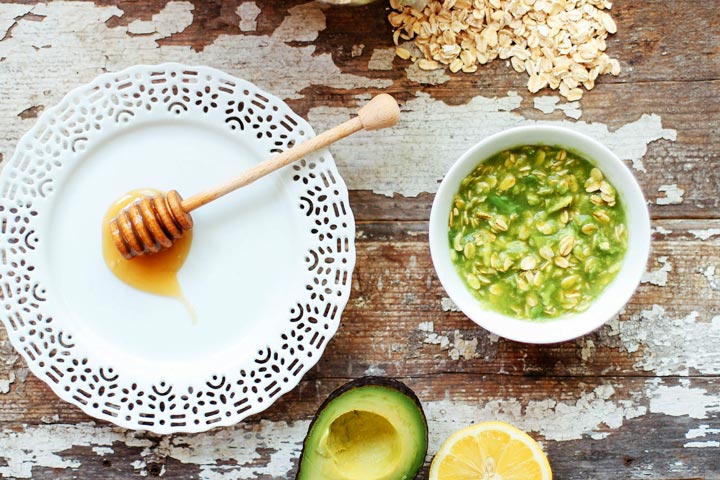

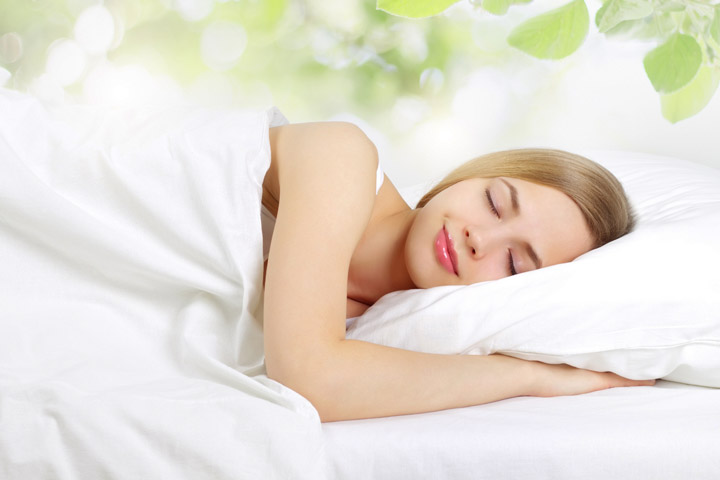
Leave a Reply